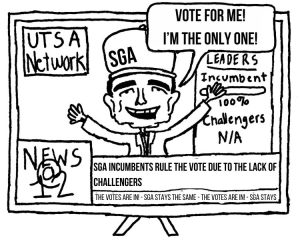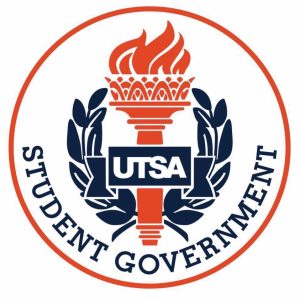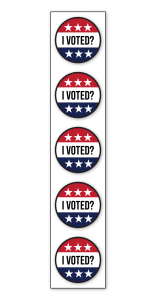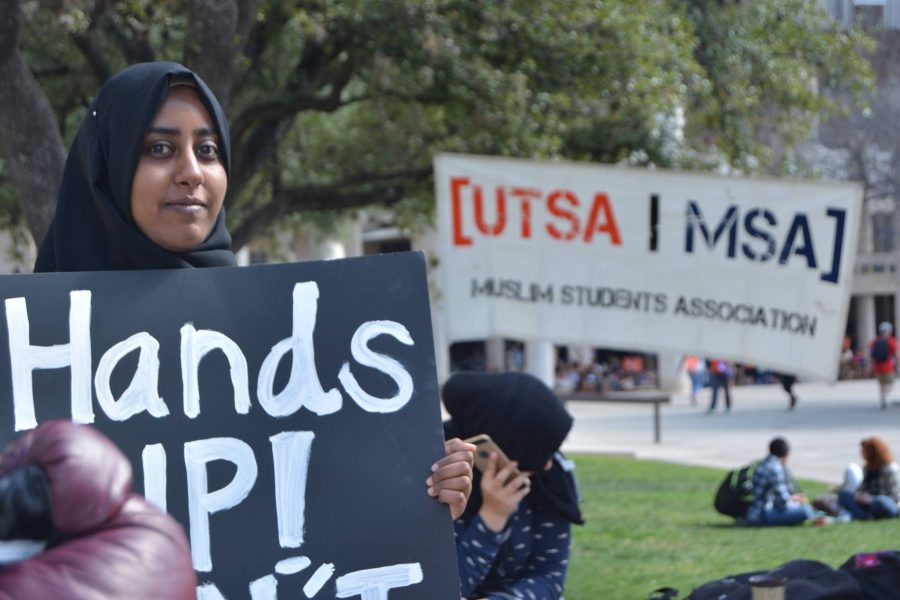“I try not to wear Muslim Student Association t-shirts in public because I don’t want someone to single me out, which has happened to me before,” said Omar Akram, a UTSA student majoring in biology.
Quantifying “Islamophobia” is a tall order. The FBI’s 2014 uniform crime report found 1,140 instances of “anti-religious hate crimes,” and out of that number, 16.1 percent of cases were considered “anti-Islamic” or “anti-Muslim.” Statistics like this imply a climate in which Islamophobia is prevalent; however, a counting up of crimes can miss the role that non-criminal attitudes and beliefs also play in the qualitative development of a xenophobic culture of Islamophobia.
The recently failed Republican presidential hopeful Ben Carson said he believed Islam was inconsistent with the values and principles of the United States, charging that the faith is “inconsistent with the constitution.” Donald Trump jr., son of the Republican presidential nominee, recently published a political ad comparing refugees, many of them Arab and Muslim, to poisoned skittles in a bowl.
Islamophobia isn’t partisan, either. Democrats recently staged a sit-in while pursuing legislation calling for stricter background checks and a ban on assault weapons; the focus of their protest have coalescing around a demand to bar people who have been placed on the “terror watchlist.” Critics like Keeanga-Yamahtta Taylor, assistant professor of African American studies at Princeton University, called the watchlist a politicized “Arab and Muslim database” because the “federal government has already admitted that almost half of the people on the list have no connection to terrorism at all.” For Taylor, many of these individuals are simply profiled “enemies of state” on the basis of being judged as Arab or Muslim.
In states such as Florida and Nevada, hate-crime cases are pending against men who placed bacon on mosque doors. On Eid-Al-Adha, a holiday celebrated by Muslims around the world, the Islamic Center of Fort Pierce was set on fire. In August, of this year the imam of Al-Furqan Jame Masjid was shot and killed in what many believe, but has not yet been proven to be, a hate crime.
This anti-Islamic landscape greatly impacts members of the Muslim community at UTSA.
“As much as I would like to be upfront about who I am, I still worry a lot about resembling what some prejudiced people may believe a typical Muslim looks like,” Akram said.
“I worry about whether growing a beard, a common practice among Muslim men, might hurt my chances at getting a job due to employers who secretly hold biased views against Muslims. I make sure not to stop in certain cities when I drive back home to Dallas because of how little diversity those towns have, which increases my chance of sticking out. I wish I could go anywhere and appear however I would like, but that’s just not something that many Muslims, especially of Arab and Asian descent, can safely do.”
Islamophobia also impacts the lives of Muslim women, particularly those who wear a hijab. This month, two Muslim women and their children were assaulted in Brooklyn, N.Y.. The perpetrator pushed a stroller carrying the children to the ground and attempted to remove the hijab of one of the women.
“Living as a Muslim woman becomes scarier and scarier with every attack,” says Amina, a psychology student at UTSA. “I wear hijab, I cover my body, and anyone who sees me knows I am a Muslim.”
The Georgetown University “Bridge” initiative published a special report entitled “When Islamophobia Turns Violent: The 2016 Presidential Elections” that shows the connection between terrorist attacks and the uptick in Islamophobia that Amina is worried about. The report found Anti-Muslim violence remained significantly higher in 2015 than pre- 9/11 levels with American Muslims approximately six to nine times more likely to suffer such attacks. Attitudes about Islam in the U.S. have followed a negative trend over the last 15 years.
Although not physically violent, Amina shared a memory of Islamophobic verbal harassment directed at her. “I was taking classes in the summer of 2015, and I got out (of class) sometime after four o’clock. I was walking through the parking lot, texting on my phone, and all of a sudden, I hear someone say, ‘The thing on your head is degrading to women in America.’ It took me a couple of seconds to process what this person was saying,” she said. “When I looked up, there was this man, sitting in a car, looking directly at me. I was caught completely off guard. I was so confused as to how I’m degrading women in America.” Amina said after that experience, “I walked away, walked to my car and called my dad crying. It was the first time that anyone had made such a rude comment to me in the seven or eight years of wearing hijab. I was truly shaken by what this one person had said.” Although she was subject to discrimination, she went on to say, “I’m not going to change the way I live. I’m going to keep living my life the way I choose to.”
This year, the Muslim Students Association (MSA) has proposed a way to address anti-Muslim sentiment and include members of the UTSA community. Kareem Salama, President of the MSA, said, “We have been trying to organize a panel that’s open to faculty members and religious leaders across San Antonio. We’ve gotten UTSA involved through the College of Education.” He also shared, “We would like to spend time talking about the positives of Islam… once people get to see us as a student population, in terms of how we interact with people and the characteristics that we try to embody, they will begin to understand that we’re (students) just like them.”










